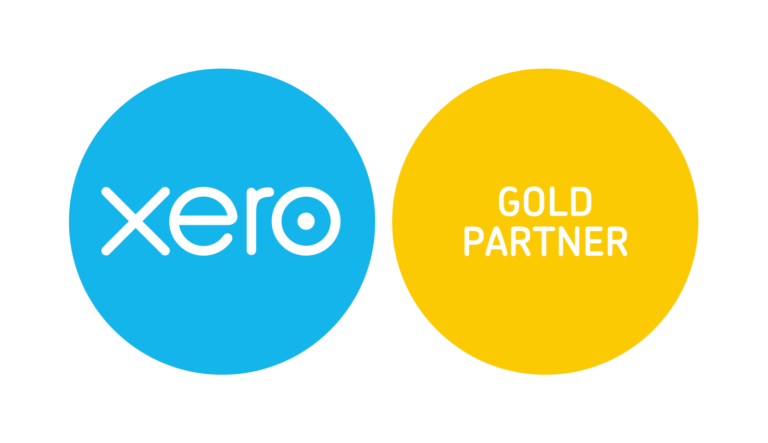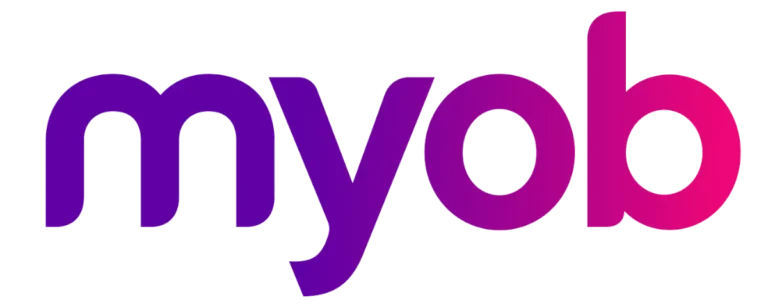Gibson & Associates – CPA Accountants & Advisors
Expert Accounting, Tax and Business Advisory. Your Strategic Partner in Success
Delivering independent, personalised accounting excellence for over a decade from our Burleigh Heads hub on the vibrant Gold Coast.
Our professional Accounting & Tax services
Our main difference is that we put people first. This approach brings us together and helps us get the right results for our clients. It’s a lot easier to work together when you feel comfortable and able to speak freely, confident that you’re being listened to and that your interests will be well protected.
Business Planning, Cash Flows & Budgeting.
We won’t let you fall into the trap of planning to fail by failing to plan. Together, we will develop a plan and budget that aligns with your future goals.
Learn More
Taxation & SMSF Administration
Take the burden off your shoulders when managing your yearly responsibilities, allowing you to focus on what matters.
Learn More
Business & Tax Structures
Different businesses and investments have different needs and requirements. We implement tax structures that minimise your exposure to unnecessary liabilities.
Learn More
Strategic Tax Planning
Before the end of the financial year, we offer to review your tax position forecast taxable incomes, meet, and provide options and tax minimisation strategies that allow you to prepare and plan ahead.
Learn More
Accounting Software Solutions
Our focus is simple: let’s do things better. We will guide you toward an accounting system that is right for you, and most importantly, we will make it easy.
Learn More
Financial Leadership
We implement systems and procedures, provide ongoing support for your staff, and increase the integrity of your internal reporting, ensuring your business decision-making is as educated as possible.
Learn More
Proudly serving the Gold Coast community for over 15 years
See what our clients are saying

What sets us apart
We take a personal, professional approach and don’t believe in compromising quality. Every service, for every client, is done properly and to best of our ability. Our clients are the heart of our business. We know results matter and we understand that the end game is different for each client. So, our focus is on your unique outcome and result.
Our Affiliates





Our Latest News
Take a look at our lasts posts, resources and articles.
Our frequently asked questions
At Gibson & Associates, we take your questions and queries seriously. Please take a look at some of our most common questions here.